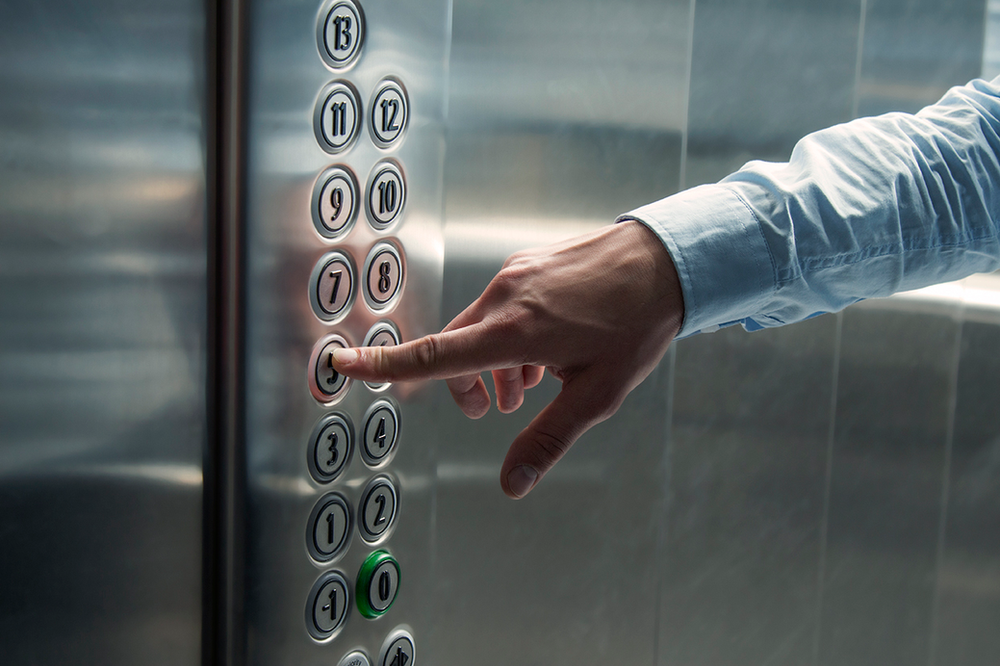
It's an old game in Montessori teacher education programs: can you give your "elevator speech about Montessori," that brief explanation of what we do that could fit into the length of time it takes for your elevator to reach its floor?
Most of us have the basics down: Montessori is a child-centered, individualized approach to education that relies on special, self-correcting materials and an environment that allows for more independence from the child. Or something like that. But as more people learn about Montessori, there are more misconceptions to clarify.
Isn't that the Kumbaya place where kids can do whatever they want? Or, its counterpart: Isn't that the place with the really militant classrooms where kids can't ever play? A healthy Montessori classroom is right in between… children enjoy freedom, but it's limited by its influence on others. Children's ability to choose their own work should be evident in the classroom, but so should their attentiveness to the other children around them.
Aren't those the silent classrooms, where no one is allowed to talk? Montessori classrooms are often quiet because the children are paying attention to their activities. But just as often, healthy Montessori classrooms are places with laughter and conversation, with audible "Eureka!" moments and evident joyful learning. Observers should be able to see both when they visit the classroom.
Aren't those classrooms just for (rich kids, smart kids, elite kids, Catholic kids)? Montessori is a child-centered approach, so it responds to the needs of whatever children comprise the classroom. There's nothing about the approach itself that makes it a better match for some children over others, although it may not always align well with what an individual family values. So, while Montessori, in theory, can be "right" for all kids, it's still not always the best fit for families who may believe very different things about children or childhood and who may not want to change those beliefs.
Aren't those the classrooms where you decide for yourself whether you ever learn to read? Or, its counterpart: Aren't those the classrooms with super academic kids? The Montessori Method meets each child where he or she is, which means that we can move forward academically as quickly as its appropriate for the individual learner. Some kids may be advanced in mathematics, but still sounding out words in the language materials. Others may be great readers, but struggle with their fine motor skills and spend more time in Practical Life. While we don't expect each child to be at the same point at the same time, we do watch carefully to make sure we're meeting children where they are and helping them to move ahead.
Aren't those only private schools? Actually, not anymore. Montessori is one of the fastest growing models in public education, with about ten percent of the Montessori schools in the US serving the public sector.
My (nephew, neighbor's kid, oldest daughter, …) went to Montessori school and (hated it, loved it, couldn't survive once she was in regular school, thinks its the best thing since sliced bread.) There are over 20,000 Montessori schools in the world, so it's not hard to find someone who's been to one or enrolled a child there. But not all Montessori schools are the same. Because there's no trademark on the name, "Montessori," anyone can open a "Montessori" school. That's why it's important to look at the accreditations and associations for a school you're considering, to understand the teacher education or lack thereof, and to really spend time in the school before you decide whether it's right for your child. One person's success in a particular Montessori school doesn't means all learners will thrive in all Montessori schools. Nor so does one person's rough experience mean we should throw away the model entirely.
There will be others, to be sure. Montessori is a complicated method that depends on the transformation of adults to prepare environments that protect the intrinsic nature of children. There are going to be times when we are misunderstood and times when we misunderstand. Montessori teachers should be comfortable talking about Montessori, though, and at ease we are in responding to the misconceptions. Respond the same way you'd respond to a child's misunderstanding: with a warm smile that encourages curiosity. Answer the questions without judgment, and invite a visit. The more, the merrier.
#teachertalk #misconceptions #ForTeachers #General
